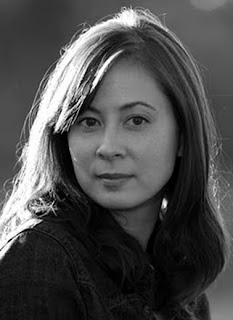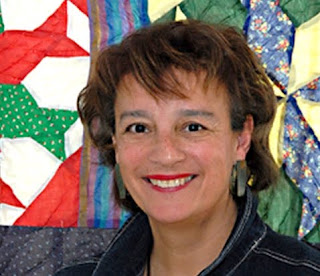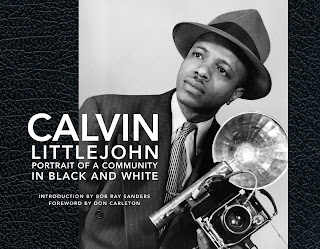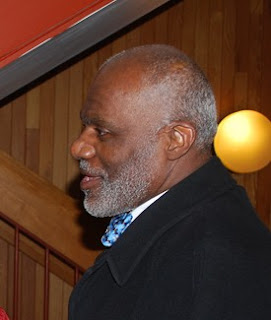March 25, 2010 -- Three nationally acclaimed Black authors - G. Winston James, Martha Southgate and Mat Johnson--will be presented by the University of Utah in a series of lectures and readings titled, "Writers Like Us: Contemporary African American Writers." The series will run March 29 through April 12. All events are free and open to the public.
"This is an extraordinary opportunity for the Utah community to hear and meet some of the leading young African American writers at work today," notes Paisley Rekdal, associate professor of English and director of the Creative Writing Program at the University of Utah. Paulette Cross, a Ph.D. candidate in Education, Culture, and Society at the University of Utah adds, "James, Southgate and Johnson, as contemporary African American writers, provide a model for black youth."
Martha Southgate is the author of three novels, most recently Third Girl from the Left published in 2006. It won the Best Novel of the Year award from the Black Caucus of the American Library Association. Her previous novel, The Fall of Rome, is widely taught and won the American Library Association's Alex award. She received a 2002 New York Foundation for the Arts grant and has received fellowships from the MacDowell Colony, the Virginia Center for the Creative Arts and the Bread Loaf Writers Conference. Her July 2007 essay from the New York Times Book Review, "Writers Like Me," appears in the recent anthology Best African-American Essays 2009. Previous non-fiction articles have appeared in The New York Times Magazine, O, Premiere, and Essence. She also has essays in the recent anthologies Behind the Bedroom Door and Heavy Rotation: Writers on the Albums That Changed Their Lives. She is working on her next novel, to be published by Algonquin Books in 2011.
The "Writers Like Us" series events are scheduled as follows:
G. Winston James
"Shaming the Devil: The Black LGBT Writer as Both Camera and Lens"
Monday, March 29, 7:00 pm.
University of Utah, 1110 LNCO, 255 Central Campus Drive, Salt Lake City, UT
"Marvelous Words" (reading)
Tuesday, March 30, 7:00 pm.
Utah Pride Center, 361 North 300 West, Salt Lake City, UT
Mat Johnson
"Incognegro: The Journey of the African American Comic Book"
Friday, April 9, 7:00 pm
Ken Sanders Rare Books, 268 South 200 East, Salt Lake City, UT
Martha Southgate
"Writers Like Me, New Directions in African American Literature"
Monday April 11, 7 pm
King's English Bookstore, 1511 South 1500 East, Salt Lake City, UT
The series "Writers Like Us: Contemporary African American Writers" is co-sponsored by the Utah Humanities Council, the University of Utah Tanner Humanities Center, the University of Utah College of Social Work Voices of Diversity, Rowland Hall, Ken Sanders Rare Books, Utah Arts Council, the University of Utah LGBT Resource Center, the University of Utah office of the Dean of Humanities, The Wild Venturer, the University of Utah Office for Equity and Diversity, the University of Utah Department of English, the University of Utah Ethnic Studies Program, the Utah Pride Center, and Empire Publishing.
For more information about the series, visit www.diversity.utah.edu/events/writers-like-us/
Interviews with James, Johnson and Southgate are available upon request by calling 801-581-4250.
Media Contacts Wilfred Samuels Department of English, University of Utah Office phone: 801-581-3288 Email address: wilfred.samuels@utah.edu Colleen Casto director, communication & community outreach, Office for Equity and Diversity Office phone: (801) 581-4250 Email address: c.casto@utah.edu































